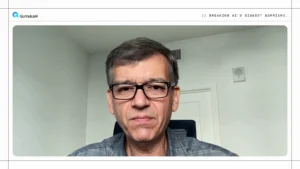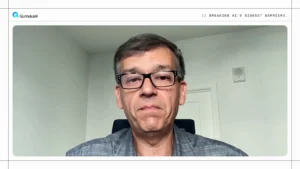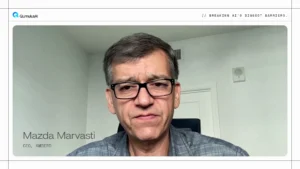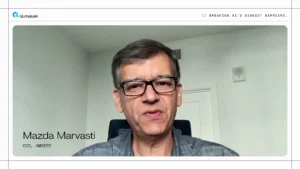Addressing Educational Disparities in STEM for Underserved Youth
As the world becomes increasingly reliant on technology and innovation, careers in STEM fields have become more in demand. However, there remains a significant educational gap for underserved youth in pursuing STEM careers due to institutional biases and lack of access to resources. The efforts of two chemists, Dr. Kenneth Gibbs Jr. and Dr. Ciara Sivels, to prepare underserved kids for jobs in STEM through their program on Challenges and Opportunities for Minorities in STEM Jobs, All-In STEM, is a step in the right direction.
All-In STEM aims to provide educational resources and mentorship opportunities for underserved youth to gain the skills and knowledge to tackle the Challenges and Opportunities for Minorities in STEM Jobs. Alex Taylor, a DEI & Belonging Researcher at the University of Sussex, highlights the need for building community and supporting each other within STEM to remind ourselves that we belong in these spaces.
Alex’s Thoughts:
“So we know that there are educational disparities within stem. That means ethnic minorities are underrepresented. And institutional bias also means that it’s more difficult for us to take up space in stem. So I think that one of the biggest challenges that we face in STEM roles is that often we’re operating within spaces.
Aren’t always welcoming and weren’t really built for us, but we’d need to foster our sense of, belonging and taking up space in these places. So I think one of the best ways that, that we can really do that is to support each other and build community with each other within stem so that we can remind ourselves that we do belong in these spaces.
And I think. On the flip side of that, because we’re not so well represented, it means that there’s a lot of opportunity to be making waves within STEM industries. I know that in psychology in particular, in research that I’m doing right now, we are underrepresented in terms of the research that’s been done, and There’s huge scope for ethnic minorities to start writing the stories of our life experiences that haven’t yet been told.
And so I would really encourage anyone who is thinking about a STEM career to follow their passion in that and find community with those of us who are in it already.”
Article written by Galya Mikova








